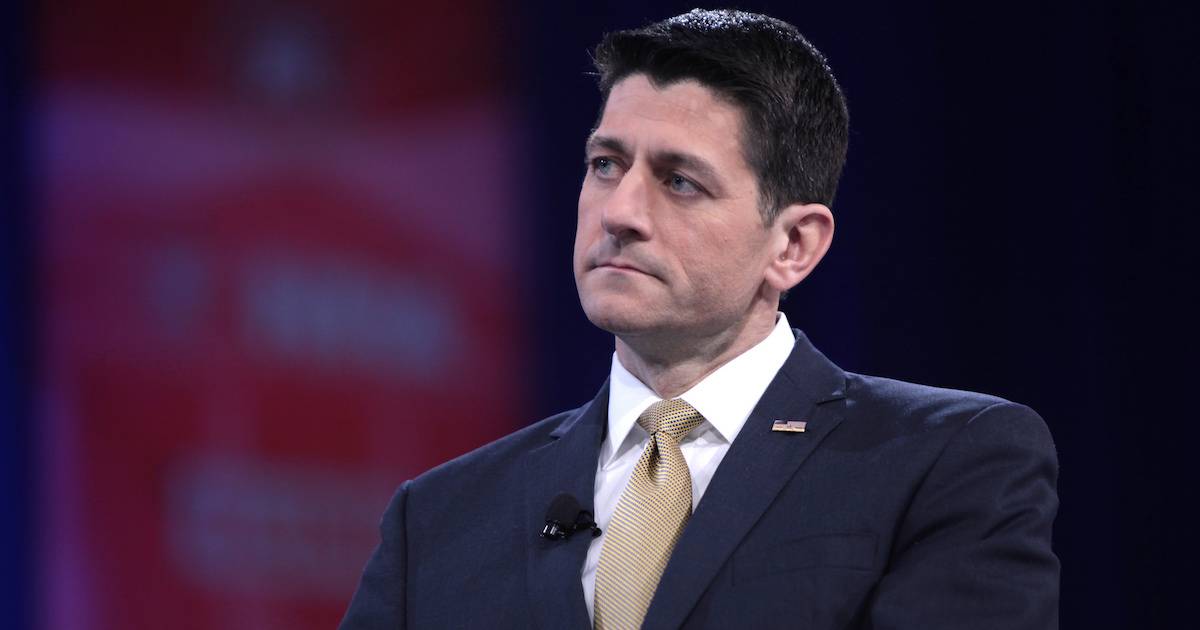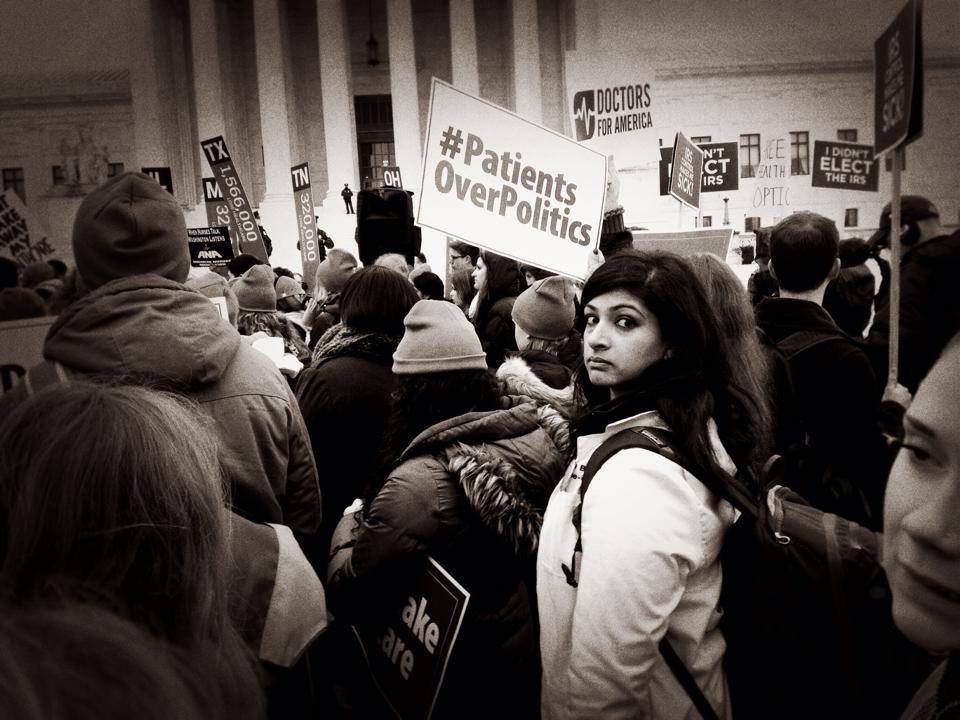Now that Congressional Republicans are being forced to slow down and consider the real world effects of the GOP’s so-called “replacement" for Obamacare, otherwise known as the American Health Care Act (AHCA, or “Trumpcare”), they have no excuse for ignoring its ramifications for the health of our country.
Twenty-four million. That’s how many people it is estimated would lose coverage under Trumpcare.
And while many communities would face obstacles to coverage and care as described by the Congressional Budget Office (CBO) report this week, the truth is that the AHCA’s effects on people living with or at higher risk for HIV could be devastating. And for those for whom multiple systemic oppressions intersect, the AHCA could be deadly.
HIV has risen among young gay and bisexual men over the past decade, particularly young men of color.
New CDC data shows a slight improvement in the rate of new cases among young Black gay and bisexual men, but an alarming rise in cases among young Latinx gay and bisexual men. Additionally, although HIV prevalence among transgender men is relatively low, studies suggest that transgender men who have sex with men are at substantial risk for HIV.
No one plans for an HIV diagnosis, and young people often find it difficult to fit health care insurance into their budgets – and must prioritize spending limited income on other things.
By making coverage optional and allowing insurance companies to penalize those trying to re-enter the market with a 30% premium increase, the AHCA is a recipe for more young gay and bisexual men with HIV, but without access to care.
We still don’t have much data on exactly how many transgender women are living with HIV, but this we know: the percentage is very high.
Approximately 28% of transgender women in the U.S. – and over half of Black transgender women — are living with HIV. In other words, Black trans women have the country’s highest HIV rates.
It’s no secret (though it is appalling) that transgender people, particularly trans women of color, face tremendous income inequality. Racism and discrimination in seeking employment are real. This and other hurdles, such as a lack of family support, educational opportunities and stable housing, make securing the kind of full-time employment that would come with employer-based health care insurance all the more difficult. And even for transgender people able to personally overcome these barriers to employment, the AHCA would make it easier for employers to provide inadequate coverage.
All of these challenges and less affordable care under the AHCA add up to more transgender women – especially trans women of color – with HIV, but without access to care.






